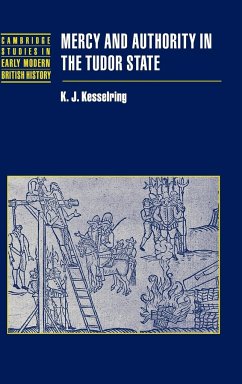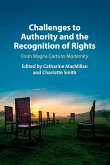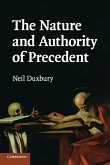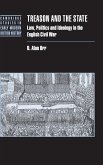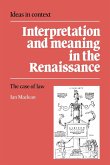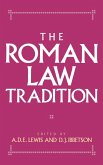Short description/annotation
A study of the the royal pardon in Tudor England.
Main description
Using a wide range of legal, administrative and literary sources, this study explores the role of the royal pardon in the exercise and experience of authority in Tudor England. It examines such abstract intangibles as power, legitimacy, and the state by looking at concrete life-and-death decisions of the Tudor monarchs. Drawing upon the historiographies of law and society, political culture, and state formation, mercy is used as a lens through which to examine the nature and limits of participation in the early modern polity. Contemporaries deemed mercy as both a prerogative and duty of the ruler. Public expectations of mercy imposed restraints on the sovereign's exercise of power. Yet the discretionary uses of punishment and mercy worked in tandem to mediate social relations of power in ways that most often favoured the growth of the state.
Table of contents:
1. Introduction: mercy and the state; 2. Changing approaches to punishment and mitigation; 3. Changing approaches to mercy; 4. Petitions, patronage, and the motives for mercy; 5. Public performances of pardon; 6. Protest and pardons; 7. Conclusion.
A study of the the royal pardon in Tudor England.
Main description
Using a wide range of legal, administrative and literary sources, this study explores the role of the royal pardon in the exercise and experience of authority in Tudor England. It examines such abstract intangibles as power, legitimacy, and the state by looking at concrete life-and-death decisions of the Tudor monarchs. Drawing upon the historiographies of law and society, political culture, and state formation, mercy is used as a lens through which to examine the nature and limits of participation in the early modern polity. Contemporaries deemed mercy as both a prerogative and duty of the ruler. Public expectations of mercy imposed restraints on the sovereign's exercise of power. Yet the discretionary uses of punishment and mercy worked in tandem to mediate social relations of power in ways that most often favoured the growth of the state.
Table of contents:
1. Introduction: mercy and the state; 2. Changing approaches to punishment and mitigation; 3. Changing approaches to mercy; 4. Petitions, patronage, and the motives for mercy; 5. Public performances of pardon; 6. Protest and pardons; 7. Conclusion.

